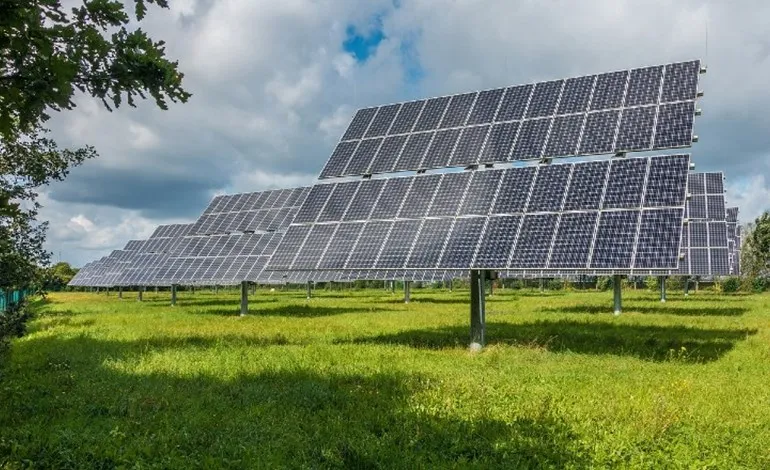London 'intending to lower land offered for solar'
- Broadening the interpretation of property reserved for farming will reduce areas for new solar farms

A new plan might diminish the areas available for English solar farm developments, according to a report from the Guardian.
Estimating government resources, the newspaper said that Environment Secretary Ranil Jayawardena has actually asked his authorities to broaden the meaning of land booked for farming.
With land designated from 1-5, with 1 being the greatest, the relocation will certainly see the very best and most versatile (BMV) category increased from the present 1 to 3a to consist of lower degree 3b.
Thus, current planning guidance recommends not making use of BMV land for advancements, keeping it reserved for farming.
The choice will indicate that land commonly used for solar farms will be provided off restrictions.
According to the Guardian, the ban would certainly prevent solar farms being established on 41% England's total land area and around 58% of its agricultural land.
On top of that, a lot of the reduced grade 4 and 5 land disagrees for solar advancements.
Jayawardena has actually argued that solar farms hinder his plans to boost food production as well as boost growth.
The Department for Environment, Food and Rural Affairs (DEFRA) will certainly require authorization from the Department for Business, Energy and Industrial Strategy (BEIS) as well as the Department for Levelling Up, Housing as well as Communities.
The Guardian noted that it thinks that BEIS priests are against the plan, however that the Liz Truss federal government is sympathetic to it. The Head of state formerly guaranteed to block solar farms from being created on agricultural land.
Discussing the report, Solar Energy UK CEO Chris Hewett said: "The UK solar industry is distressed by attempts to place major planning rules in the way of inexpensive, organic energy. Solar energy is the answer to many demands and also plan needs: it will certainly reduce energy bills, provide energy protection, boost development as well as help rural economic situations."
Greenpeace UK policy supervisor Dr Doug Parr added: "The federal government is once more attempting to undermine among the cheapest and also quicker-to-deploy energy resources we have. Considering that it's flawlessly possible to utilize land beneath solar panels, we do not encounter a stark dilemma in between domestic clean energy and also food."
He added: "With energy bills at an all-time high, the federal government should get rid of obstacles to the least expensive energy sources we have, not install new ones."
Also read

